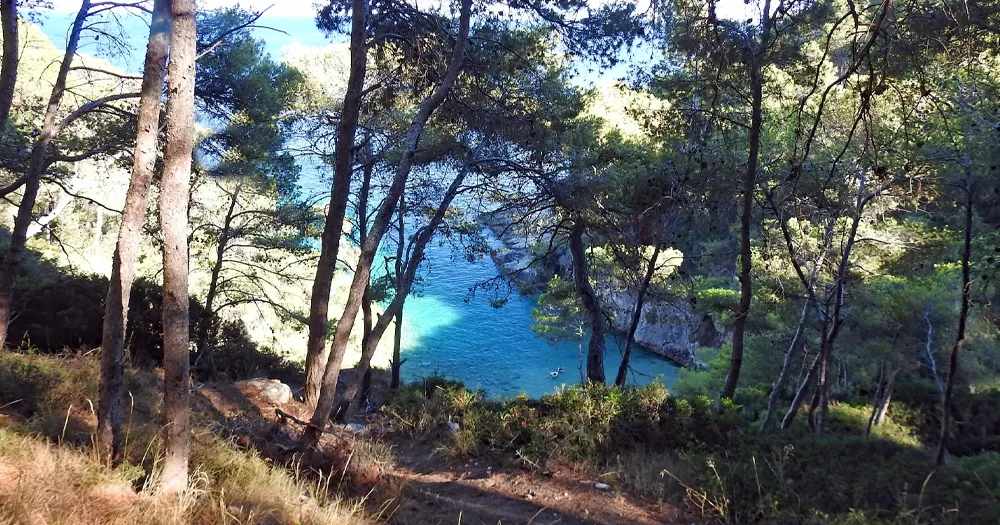During Mussolini’s fascist Italy, gay men faced discrimination and oppression due to their perceived contrast with traditional masculine ideals. Despite the lack of any legislation prohibiting consensual same-sex relationships, Mussolini was passionately opposed to homosexuality, viewing it as an imported sin that contradicted the image of a strong fascist society.
Fascism at the time propagated a myth of stereotypical Italian virility, portraying Italian men as strong, masculine figures. Under Mussolini, homosexuality was considered incompatible with this virility, and as a result, the dictatorship worked to eradicate it from the country. The dictator was unwilling to openly accept any activity that he saw as fundamentally contrary to the image of a powerful fascist state.
This resulted in an odd technique for dealing with anyone who did not fit into the ideal of Italian society proposed by Mussolini, particularly gay men. In 1938, approximately 45 men believed to be gay were rounded up in Catania and sent into internal exile. They were shipped to the island of San Domino, about 600km away from the coast, in the Tremitis.
Researcher Tommaso Giartosio, co-author of the 2006 book “The City and the Island,” documented this internal exile of gay men. The book highlights how dozens of men, mostly from Catania, endured harsh conditions as a consequence of their sexual orientation.
Although no discriminatory laws were enacted, the fascist regime created a hostile climate for queer people, who couldn’t openly live their sexuality. Authorities sought to cover up the issue and vigorously suppressed any public displays of gay relationships. Police prefects actively took advantage of the official mood, determined to combat what they saw as a “spreading of degeneration.”
However, the exile on the island also provided a semblance of freedom for gay men at the time, who could live more openly and dress as they pleased without fear of arrest there.
Relationships and romances thrived, but the outbreak of World War II in 1939 marked the end of the internal exile regime. Those men were returned to a form of house arrest in their hometowns, which was described by some as much worse than the imprisonment on the island because it took away any form of camaraderie.
The island of San Domino, in a time of oppression and discrimination, became both a place of refuge and a testament to the oppressive nature of fascism.
© 2023 GCN (Gay Community News). All rights reserved.
Support GCN
GCN is a free, vital resource for Ireland’s LGBTQ+ community since 1988.
GCN is a trading name of National LGBT Federation CLG, a registered charity - Charity Number: 20034580.
GCN relies on the generous support of the community and allies to sustain the crucial work that we do. Producing GCN is costly, and, in an industry which has been hugely impacted by rising costs, we need your support to help sustain and grow this vital resource.
Supporting GCN for as little as €1.99 per month will help us continue our work as Ireland’s free, independent LGBTQ+ media.
